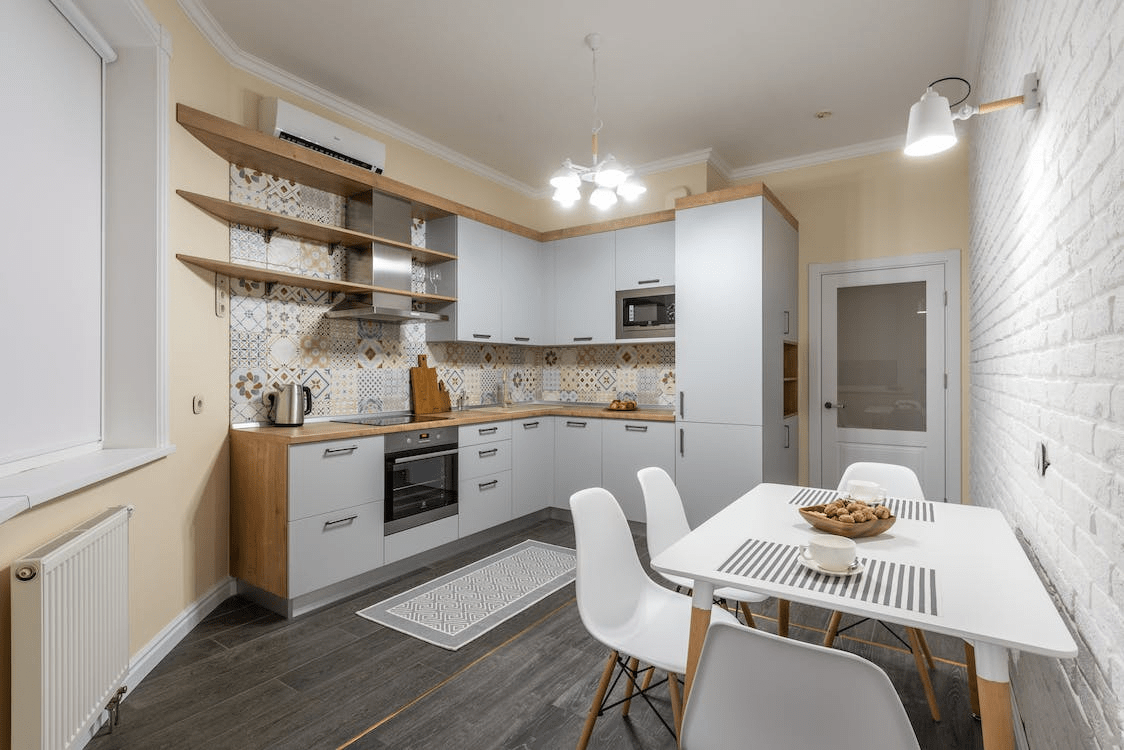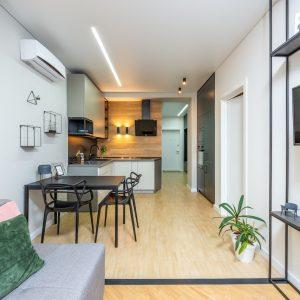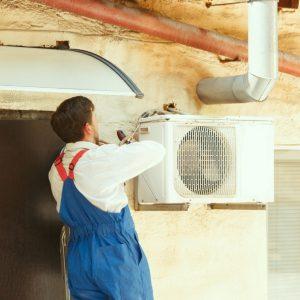Table of Contents
Like any other mechanical device, a heating system will show signs of wear and tear the longer it is used. These signs will eventually become more pronounced, and the system will be less effective. In extreme cases, an old system can break down entirely.
Most units last around 15-20 years with proper maintenance. Don’t wait until it breaks down to start considering heating system replacement. If you keep using your unit after it has reached the end of its lifespan, here’s what to expect:
Higher energy bills
As your heating system ages, it becomes less efficient at converting fuel into heat. It means that it will take longer to heat your home, and you will see a corresponding increase in energy bills.
An old unit has to work harder to maintain the same level of comfort, which costs you more money. It also doesn’t efficiently convert fuel, adding to the problem. If you notice that your energy consumption has increased, but your heating system seems to be running the same amount of time, it’s no longer operating as efficiently as it used to.
Frequent breakdowns and repairs
Different parts require constant replacements or repairs as the system breaks down. Eventually, it becomes more expensive to keep repairing an old system than to replace it with a new one. Also, the inconvenience of the system breaking down when you need it the most is frustrating. Winter is already challenging, and you don’t want to deal with a heating system that can’t keep your home warm.
Poor indoor air quality
An old heating system can also affect the air quality in your home. The system’s filters might not trap all the dirt and dust, allowing them to circulate throughout your home. It’s hazardous for people with allergies or respiratory problems. Not forgetting, an old or improperly maintained system is more likely to develop cracks that leak carbon monoxide.
Newer systems tend to have more efficient filters that improve indoor air quality. They also have more advanced features, such as UV germicidal lights that kill mold spores and other harmful airborne contaminants.
Reduced comfort levels
As your system fails, you will notice reduced comfort levels in your home as the temperature might not be consistent. You’ll experience cold spots, or the system might not reach the desired temperature. Strange noises are also more common as different parts start to fail.
An old system can also cause excessive humidity levels, making your home feel clammy and uncomfortable. High humidity levels also create an environment where mold and mildew grow. Reach out to a heating and cooling professional to learn more about what you can do to improve your home’s comfort levels.
Safety hazards
An old heating system is a safety hazard to your family. If the unit is not maintained correctly, it’ll develop cracks that leak carbon monoxide. This odorless and colorless gas is dangerous and can cause health problems or even death. Electrical hazards are also a concern with old heating systems. Exposed wiring leads to fires and old gas lines leak.
What to do
When you realize the time has come for heating system replacement, consult a professional to determine the best option for your home. They will consider your home’s size, comfort needs, and budget. You should also ensure that your home is insulated to reduce heat loss. The effort makes your new system work less and more efficiently, saving energy costs.
Follow the manufacturer’s recommendations and have it serviced by a professional every year. Clean or replace the filters regularly, and don’t hesitate to call for repairs as needed.




